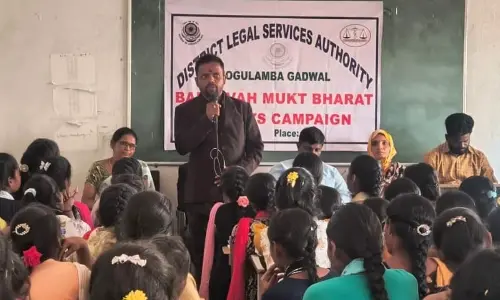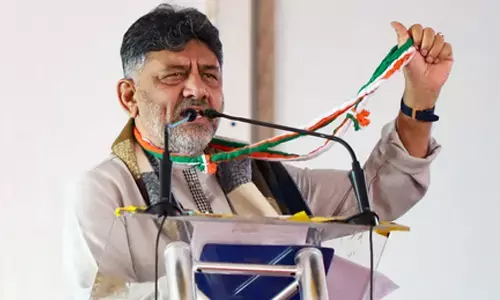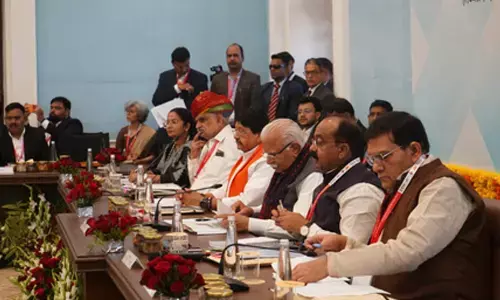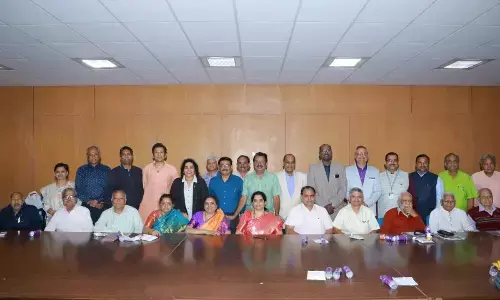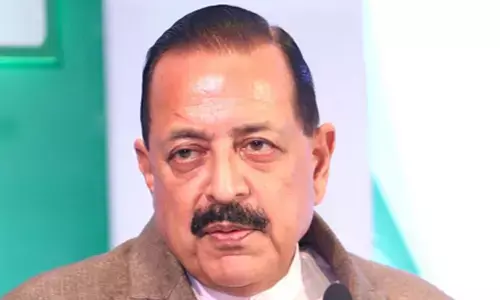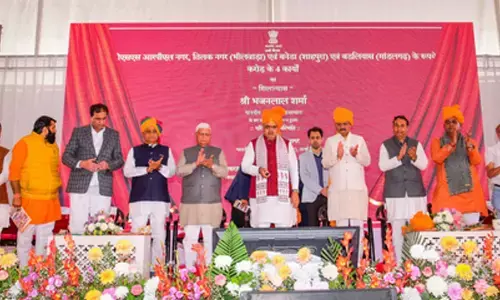It's Centre's duty to develop States
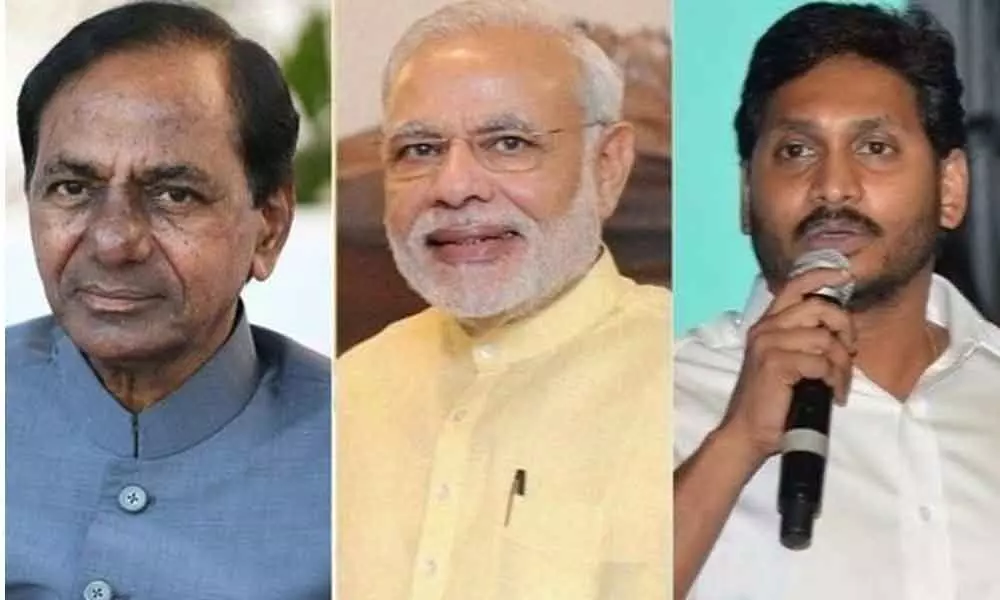
The Chief Ministers of the two Telugu States, Y S Jagan Mohan Reddy and K Chandrashekar Rao, are all set to meet Prime Minister Narendra Modi in a bid to seek justice to their States in fund and project allocations.
The Chief Ministers of the two Telugu States, Y S Jagan Mohan Reddy and K Chandrashekar Rao, are all set to meet Prime Minister Narendra Modi in a bid to seek justice to their States in fund and project allocations.
Though they met him on earlier occasions, the outcome part of it was nil. It is only petty politics that is the real stumbling block in the development of these States.
Indian Constitution is said to be a federal structure only because it is said that it has clear demarcation of boundaries between the Central and the State governments similar to that of the US.
India, having legislative and executive authority, is divided between the Centre and the State. Chief essentials of federalism are said to be dispersion of powers between the Centre and the States within the framework of the Constitution.
It also means that neither the State nor the Centre have the power to nullify the Constitution itself. India also often claimed to be non-federal in matter such as the Centre can impinge upon the areas earmarked only for the States in some cases.
Therefore, it infringes the principle of federalism as it makes the State hyponym to the Centre. Hence, it is also said to be in a unitary form of government too. The phenomena of such unitary form of government arises only during the period of wars or emergency period.
A federal Constitution establishes a duple polity with Union at the Centre and the States at the fringe, each dowered with autonomous powers to be exercised in the field assigned to them respectively by the Constitution.
Both in a way co-ordinate to powers of each other, legal experts claim. In fact, the basic principle of federalism is that the legislative, executive and financial authority is divided between the Centre and the States not by law passed by the Centre but the Constitution itself.
The first significant case where this issue was discussed at length by the apex Court was State of West Bengal Vs Union of India. The main issue involved in this case was the exercise of sovereign powers by the Indian States.
The legislative competence of Parliament to enact a law for compulsory acquisition by the Union of land and other properties vested in or owned by the State and the sovereign authority of States as distinct entities was also examined.
The apex court held that the Indian Constitution did not propound a principle of absolute federalism. May be because of the leverage given by this, the Centre keeps playing its dirty politics and deny the States their rights.
The primary question, however, is whether the Centre has the duty to develop all States. Is it not its responsibility to do so? Right from budgetary provisions to project allocations to fund releases thereof, discrimination is domineering in this country.
The threat to federalism in whatever form we have it stems from the doctrine of 'One Nation, One Party' of the BJP which craves to establish an 'Opposition-Mukt Bharat' by blackmailing political leaders and governments using investigating agencies.
It is a shame that States are forced to beg in such fashion for their due.











